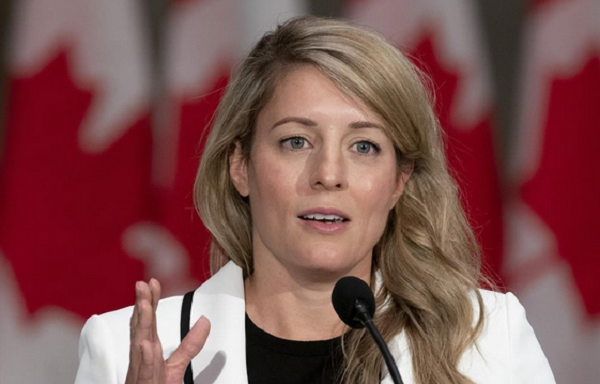Increases to capital-gains taxes may push doctors out of work
The head of the Canadian Medical Association says the federal government’s proposed increases to capital-gains taxes will pose a significant financial hit to doctors and may push some out of the profession.
The recent federal budget includes an increase to the capital-gains inclusion rate – up to two-thirds from one-half – which means that more of the income generated from the sale of an asset, such as property or a stock, is taxed.
The first $250,000 of capital gains will continue to be taxed under an inclusion rate of 50 per cent for individuals. But for corporations, the new 67-per-cent rate will kick in on the first dollar of capital gains.
This is important for physicians because most operate their practices as small businesses through medical professional corporations, which leaves them more sensitive to changes in capital-gains rules than a salaried worker might be.
The CMA estimated in 2017 that 66 per cent of physicians practised through corporations.
Kathleen Ross, the president of CMA and a B.C. family physician, said physicians across Canada are feeling strained by high patient counts, rising expenses and limited government funding.
“This really is one more hit to an already beleaguered and low-morale profession,” Dr. Ross said. “I am concerned that overstretched physicians are going to either leave the profession or look at working in other industries.”
A survey of doctors conducted by the CMA in 2021 found deterioration of their mental health during the pandemic, with 47 per cent describing themselves as “flourishing” that year, down from 63 per cent in 2017. Those declines were steepest among doctors working in remote communities and those in the early years of their careers.
Governments have long encouraged physicians to incorporate for financial reasons.
David Burnie, a certified financial planner at Ryan Lamontagne Inc. in Ottawa, said tax deferral was the biggest advantage for doctors who use professional corporations.
For example, a doctor who reported all revenue and expenses as an individual could see themselves hit with personal income tax rates in the highest brackets, which would be above 50 per cent in Ontario.
By comparison, an incorporated practice would be taxed at a small-business corporate rate of about 12 per cent in Ontario. A doctor could then take out a small salary or be paid through dividends, either of which would place them in a lower tax bracket.
The excess income could remain in the corporation and be invested, Mr. Burnie said, and withdrawn later, possibly in retirement.
He said the changes to capital-gains taxes would affect physicians when they sell investments held inside the corporation, sell shares of the corporation, or if they sell commercial real estate if the clinic moves locations or winds down upon retirement.
To partly offset this, the government is increasing the lifetime capital-gains exemption on the sale of small-business shares to $1.25-million, up from $1-million. The budget also introduced even more relief for small businesses in some sectors, but it does not apply to professional corporations.
Dr. Ross said physicians’ retirement savings will be hit hardest by the capital-gains changes, as they are held within the corporation. Those doctors affected most will be those who have been working for many years and saving up the largest nest eggs.
She said the CMA is hoping to see Ottawa exclude medical professional corporations from the capital-gains changes.
Ontario Premier Doug Ford and the province’s medical association also expressed concerns about the new tax measures last week.
Katherine Cuplinskas, a spokesperson for Finance Minister Chrystia Freeland, said the changes were made so that different types of income would be taxed more evenly.
“We are changing the capital gains inclusion rate because it is unfair that a nurse pays a higher marginal tax rate than a multimillionaire,” she said in a statement.
This article was first reported by The Globe and Mail












